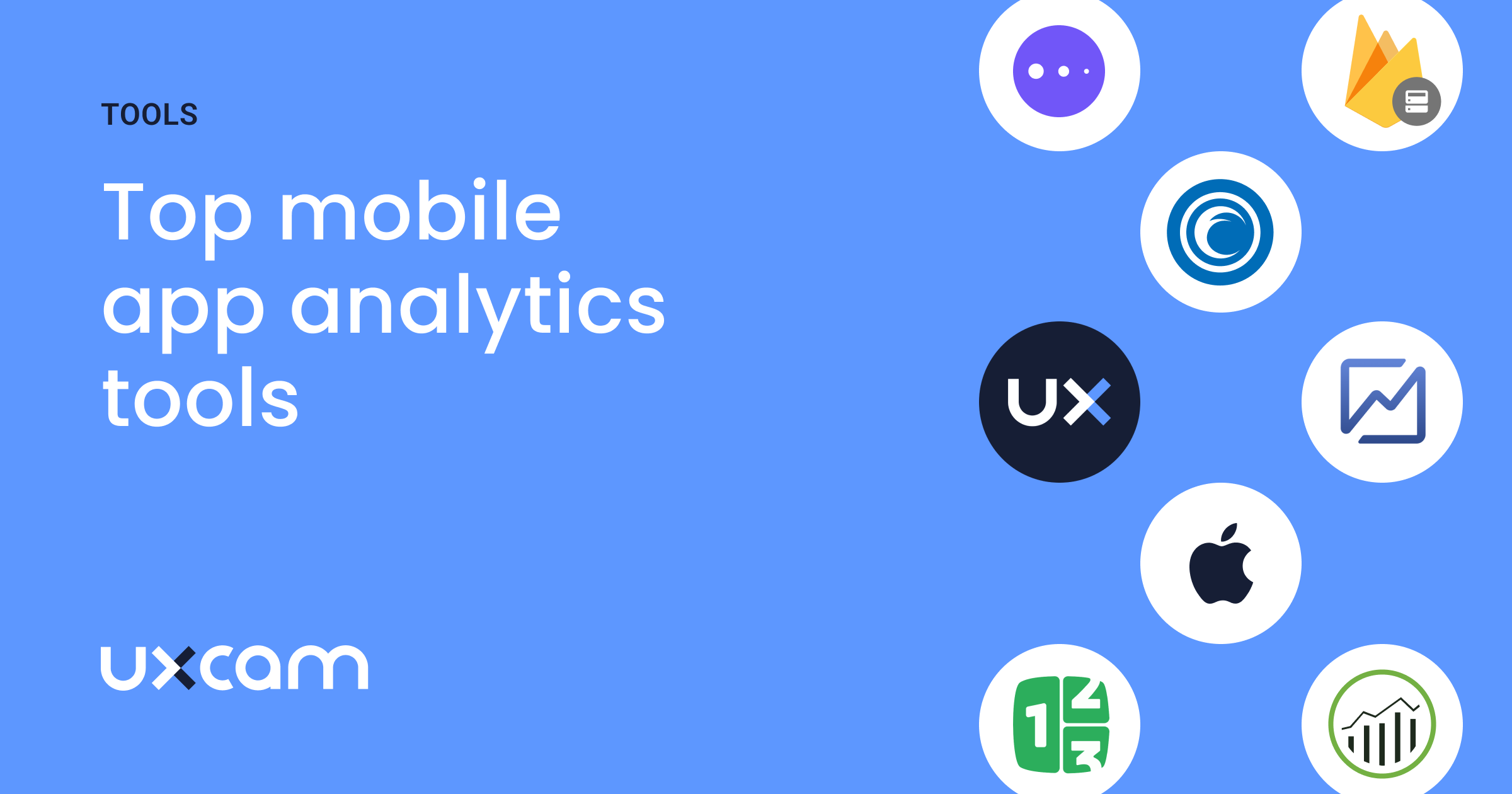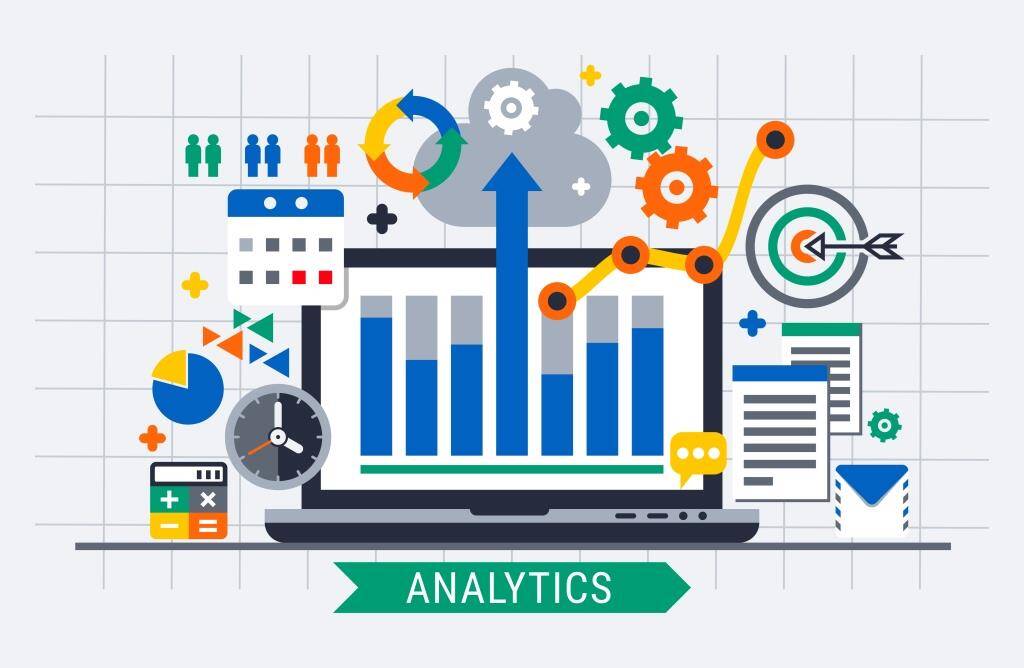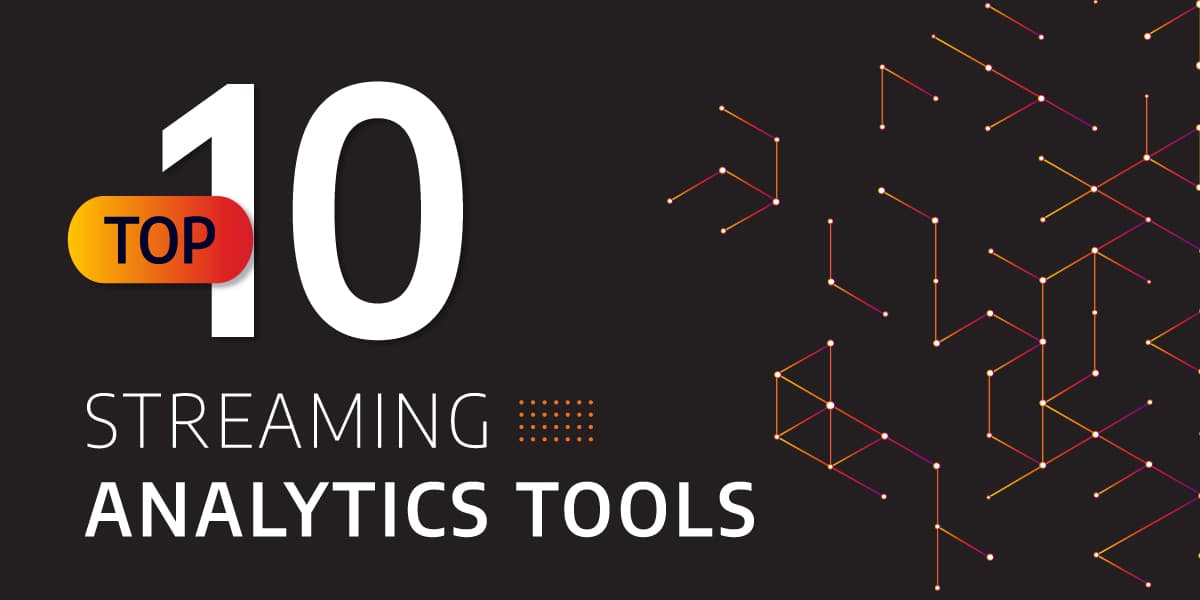Gain Competitive Edge With Effective Analytics Deployment
Gain Competitive Edge With Effective Analytics Deployment
Blog Article
Boost Effectiveness and Productivity Via Data Analytics
In today's data-driven landscape, organizations are progressively recognizing the critical role of information analytics in improving functional efficiency and profitability. By methodically analyzing information, companies can reveal vital understandings that inform strategic decisions, simplify procedures, and dressmaker consumer experiences.
Understanding Information Analytics
In today's data-driven landscape, understanding data analytics is important for organizations intending to enhance functional effectiveness and drive success. Information analytics involves the organized computational analysis of data sets to uncover patterns, connections, and understandings that educate decision-making. By using various techniques, such as analytical analysis, artificial intelligence, and predictive modeling, organizations can change raw information into workable intelligence.
The procedure generally starts with information collection, where relevant details is collected from several sources, consisting of transactional data sources, consumer interactions, and market fads. This data is after that cleaned and arranged to guarantee precision and uniformity. As soon as the information is prepared, logical tools and software program are utilized to explore and picture the information, making it possible for stakeholders to recognize anomalies and patterns.
Eventually, understanding data analytics empowers organizations to make educated choices based on empirical proof instead of intuition. It assists in targeted approaches that can enhance resource allotment, boost client contentment, and enhance general performance. As organizations progressively acknowledge the value of data-driven understandings, a solid understanding of data analytics ends up being an important expertise for teams and leaders alike, placing them for continual success in a competitive atmosphere.

Secret Advantages for Organizations
Companies that take advantage of information analytics can open a wide variety of benefits that considerably boost their procedures and earnings. One of the main benefits is improved decision-making. Information analytics offers workable insights originated from real-time data, enabling organizations to make informed choices that straighten with market demands and consumer choices.

In addition, information analytics cultivates boosted consumer experiences. By understanding consumer behaviors and preferences, organizations can tailor their offerings, leading to increased contentment and loyalty. This customized approach often results in higher conversion rates and repeat service.
Moreover, data analytics enables businesses to recognize arising chances and fads. By remaining ahead of the contour, companies can take advantage of on brand-new markets and advancements prior to their rivals.
Executing Data-Driven Methods
Successful implementation of data-driven techniques calls for a comprehensive understanding of both organizational objectives and available information resources. Organizations needs to initially define their objectives plainly, making sure alignment between data campaigns and calculated objectives. This clearness enables teams to concentrate on learn the facts here now appropriate metrics and insights that drive decision-making.
Following, organizations ought to assess their existing data facilities. This involves evaluating data top quality, availability, and combination capacities. High-grade data is vital for precise analysis, as bad data can bring about misguided techniques and thrown away resources. Organizations should establish processes for information collection, cleaning, and administration to maintain data integrity.
Furthermore, promoting a have a peek here data-driven society is vital. Workers in all degrees ought to be encouraged to utilize data in their daily procedures. Educating workshops and programs can enhance information literacy, empowering team to make educated decisions based on logical insights.
Devices and Technologies Review
A robust collection of modern technologies and tools is essential for companies intending to harness the complete capacity of information analytics. These devices assist in the collection, processing, and visualization of data, enabling organizations to obtain actionable understandings.
At the foundational level, information management systems such as SQL databases and NoSQL systems provide reliable information storage and retrieval capacities. For information processing and evaluation, shows languages like Python and R, together with structures such as Apache Glow, allow complex estimations and machine knowing applications.
Visualization tools, including Tableau and Power BI, change raw information right into instinctive graphical formats, making insights accessible to stakeholders at all degrees. Additionally, cloud-based systems like Google Cloud and AWS use scalable storage and processing solutions, suiting the growing quantities of data organizations run into.
For sophisticated analytics, anticipating modeling and AI-driven options are significantly taken on, enabling firms to anticipate patterns and enhance decision-making procedures. Integrating these devices right into existing workflows is vital; organizations that effectively take advantage of this innovation can dramatically enhance operational efficiency and drive success. Thus, purchasing the right tools and modern technologies is a strategic necessary for any kind of data-driven company.
Instance Research Studies of Success
Leveraging data analytics has led countless companies to achieve remarkable improvements in effectiveness and success. One notable situation is a huge retail chain that applied anticipating analytics to enhance inventory monitoring. By examining historical sales data and client fads, the business lowered excess inventory by 30%, causing substantial price financial savings and improved capital.
Another instance can be discovered in the manufacturing market, where a leading auto manufacturer used information analytics to boost its manufacturing procedures. By keeping track of machine performance in real-time, the company identified inefficiencies and bottlenecks, leading to a 20% increase in general tools effectiveness (OEE) This not only increased production rates however also lessened downtime and upkeep expenses.

These study highlight exactly how information analytics can drive calculated decision-making, maximize processes, and inevitably enhance both efficiency and productivity across various markets.
Final Thought
In conclusion, the assimilation of information analytics right into organization procedures presents significant possibilities for boosting efficiency and productivity. By systematically analyzing data, organizations can recognize inadequacies, maximize consumer experiences, and make like it notified choices.
In today's data-driven landscape, recognizing information analytics is crucial for companies aiming to enhance functional efficiency and drive productivity. Data analytics involves the organized computational analysis of information collections to reveal patterns, connections, and insights that educate decision-making. Data analytics supplies actionable understandings derived from real-time information, permitting companies to make enlightened choices that line up with market needs and customer preferences.
Premium information is vital for precise evaluation, as poor information can lead to illinformed techniques and wasted resources. Organizations has to develop processes for data collection, cleaning, and administration to maintain data honesty.
Report this page